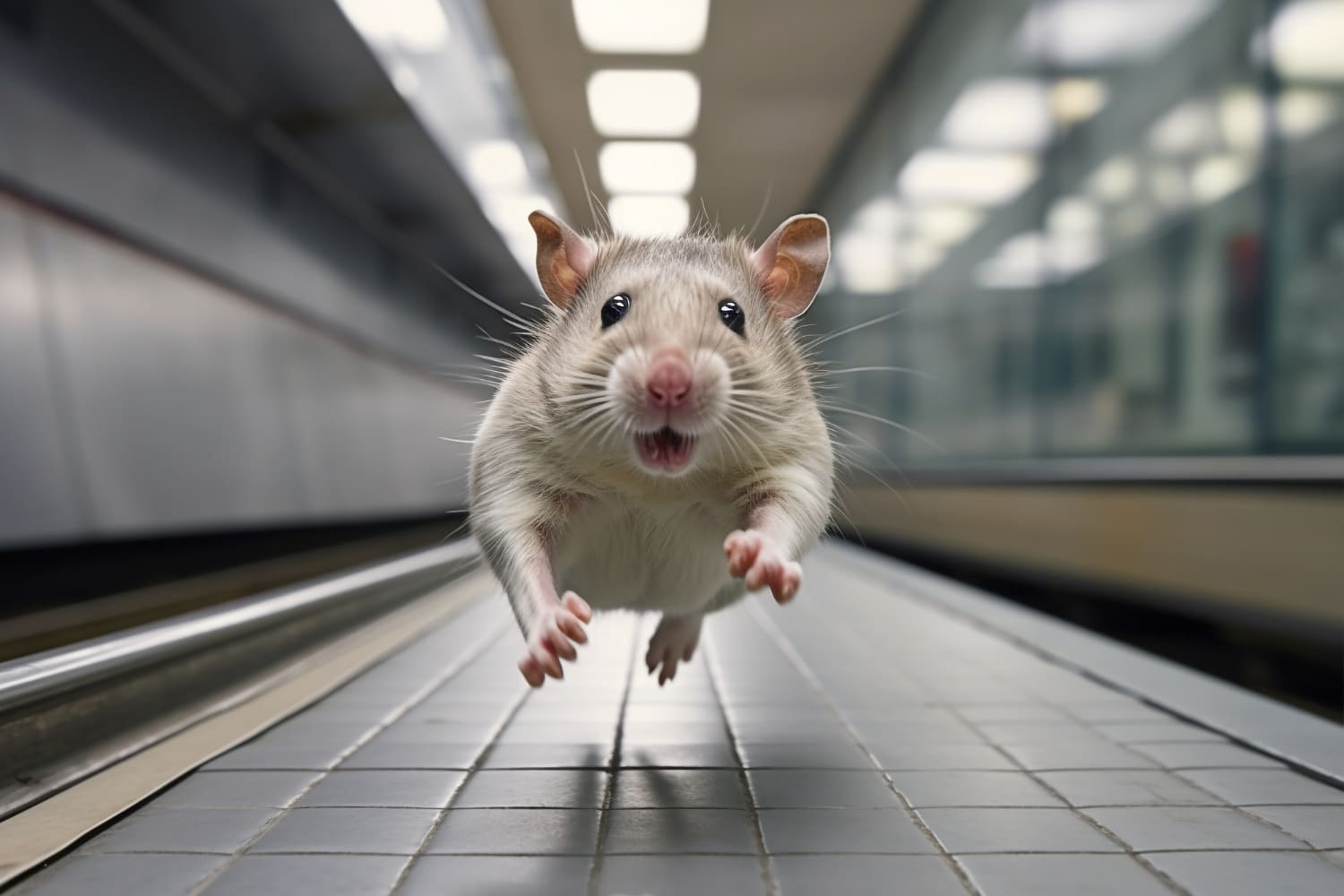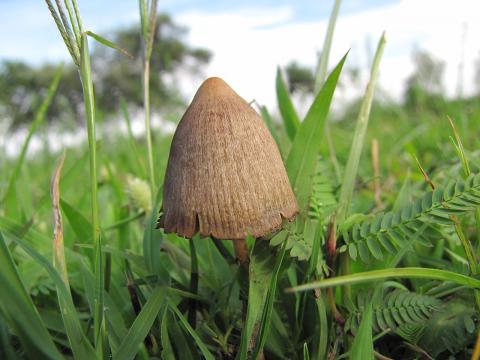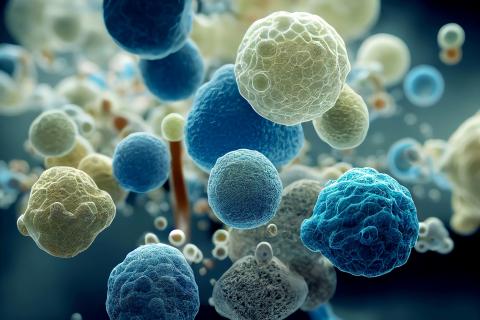Reaction: study in mice associates punctuated sleep deprivation with antidepressant mechanisms
Researchers at Northwestern University in the United States have studied the effect of a temporary decrease in sleep on the mood of mice. According to their results, the animals became more hyperactive and hypersexual for a few hours. In addition, the occasional lack of sleep had an antidepressant effect that lasted for a few days and is explained by an increase in the release of dopamine. The results are published in the journal Neuron.

Eduard Vieta - ratones depresión sueño EN
Eduard Vieta
Professor of Psychiatry at the University of Barcelona, Head of the Psychiatry and Psychology Department at Hospital Clínic in Barcelona, and researcher at the Biomedical Research Centre in Mental Health (CIBERSAM)
This is a study that explores the well-known phenomenon of mood elevation associated with sleep deprivation. The study is of good quality and shows, in an animal model, that the antidepressant and euphoriant effects of sleep deprivation are mediated by dopaminergic hyperactivity in certain brain circuits. This means that the short-term euphoric effect is due to an increase in dopamine release, which is similar to what occurs in states of mania and hypomania (phases of bipolar disorder) and explains why these states respond to drugs that block dopamine release. Similarly, the effect of dopamine is somewhat similar to that achieved by the use of cocaine, which is a dopamine agonist.
One possible explanation is that our body is biologically primed to have an energy-enhancing reaction when, for some reason (e.g. a predator or a stressful situation), it needs to be activated after a warning signal when we sleep. Sleep deprivation is not commonly used for depression because its antidepressant effects are transient and mood returns to its previous state when we go back to sleep, so its use is not recommended. However, the study explains the mechanisms underlying this effect and could open the door to other treatments.
Wu et al.
- Research article
- Peer reviewed
- Experimental study
- Animals



